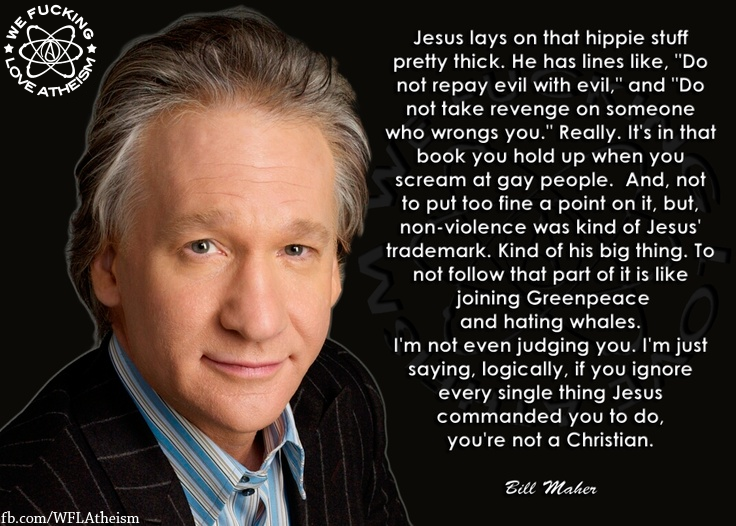
Ursula K. Le Guin On Art, Storytelling, And The Power Of Language To Transform And Redeem
Excerpt: With a concerned eye to how our metaphors shape our thinking, Le Guin adds:
Alan: When I was a kid in the '50s, the overwhelming mythic metaphor of popular American life was "Cowboys and Indians." (The largely un-noted decline of the "Cowboy and Indian" myth system leaves a startling void in American intellectual culture.)We can’t restructure our society without restructuring the English language. One reflects the other. A lot of people are getting tired of the huge pool of metaphors that have to do with war and conflict [and] the proliferation of battle metaphors, such as being a warrior, righting, defeating, and so on. In response, I could say that once you become conscious of these battle metaphors, you can start “fighting” against them. That’s one option. Another is to realize that conflict is not the only human response to a situation and to begin to find other metaphors, such as resisting, outwitting, skipping, or subverting. This kind of consciousness can open the door to all sorts of new behavior.
By the early '60s, "Cowboys and Indians" were giving way to the metaphor of "salvific police" (Dragnet, Colombo, Kojak), a metaphor which has since morphed (and diluted) into many fragmented mythic tendencies, all of them ultimately dependent on the unconscious normalization of capitalist consumerism (or, seen from the flip side, the correlative collapse of responsible citizenship) and the never-ending acquisition of purchaseable pleasures.
Notably, no mythic space is given to the homeless, marginalized, disenfranchised and impoverished even though their ranks are rapidly increasing. (Richard Gere plays a homeless person in the movie "Time Out Of Mind," and although there is no sexual degradation, shocking violence or jolting glimpses of "horror," it is a very difficult movie to watch, precisely because we "don't want to see it." Keep it on the margins. Keep it out of sight. Sweep it under "the mythic rug.")
The last time "the homeless, marginalized, forgotten and impoverished" had a mythic hero to champion their cause was in the person of Yeshua the Nazarene.
But even his residual influence on culture (despite last-gasp championship by "Christian" "conservatives") has been pre-empted by "The Gospel of Wealth" and, more generally, the normalization of consumerism whose core belief (opaque to American "consumer units" cosseted in their electronic pleasure domes and fixated on a man who embodies every Deadly Sins, particularly greed) is that "s/he who dies with the most toys wins."
"Televangelists": Last Week Tonight with John Oliver
http://paxonbothhouses.blogspot.com/2018/10/televangelists-last-week-tonight-with.html
No comments:
Post a Comment